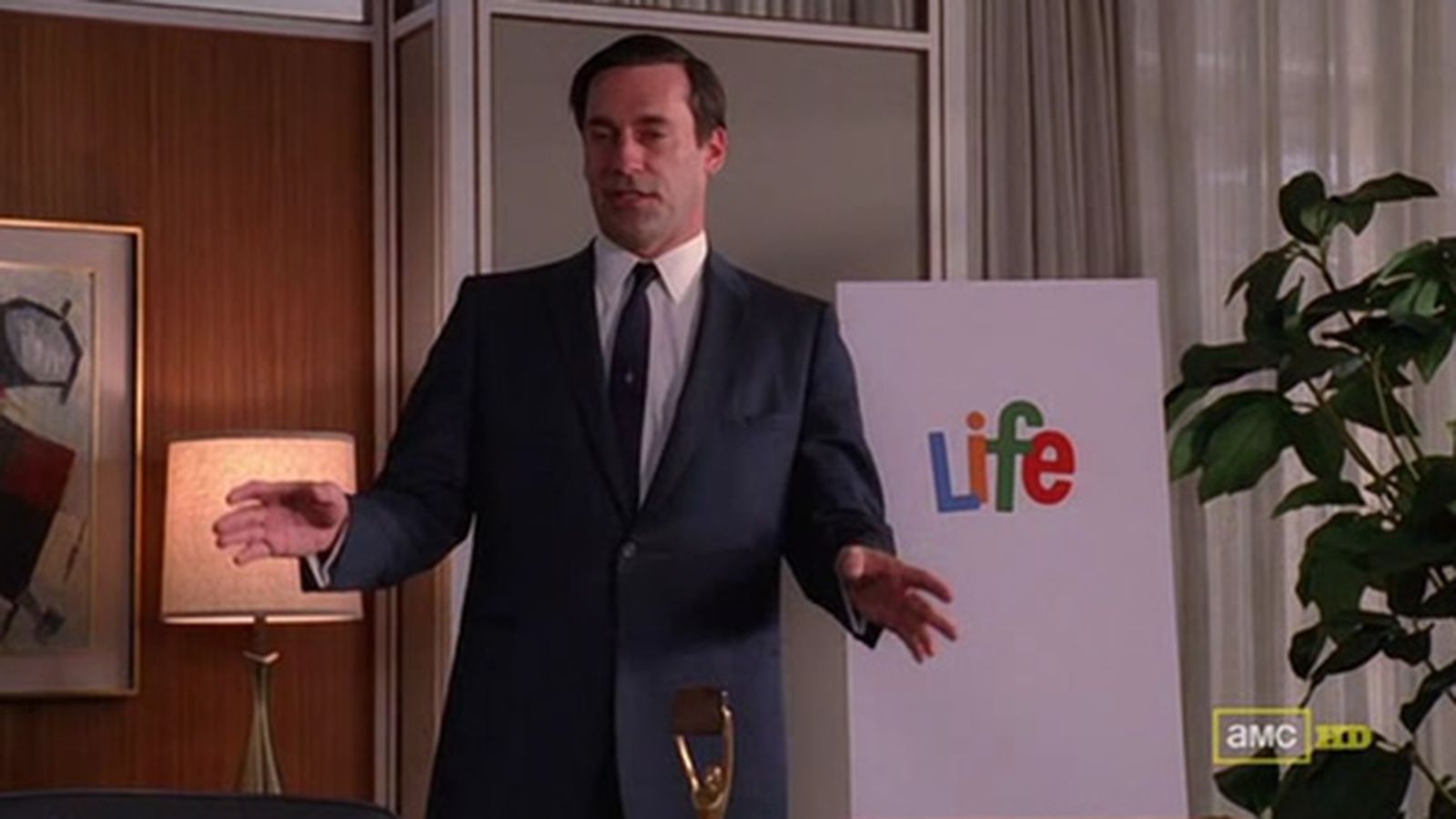This is a Building Blocs piece, in which we discuss the fine art of pitching.
What even is a pitch?
A pitch is basically a query letter to the editor of a publication, newspaper or website, letting them know that you’re working on a story, and asking if they’d be interested in it.
It should contain your idea, why it would be important to readers, and why you’re the best person to write it.
When even can I pitch?
Once you've done your research (do your research, make sure you do your research) you can get started. If you've got a good idea and know what you're talking about then you can 'pitch on spec'. Pitch on spec (speculation) means you haven't written the whole story yet,
Note: This mainly applies to non fiction: journalism, opinion pieces and listicles. There aren’t many publications that publish fiction without a seeing the whole story.
What if I’ve never been published before?
Totally fine! Everyone starts somewhere. But keep in mind that not many publications will take pitches on spec from writers who don't have some folio work to show them. Folio work, or practice articles, will help inform the editor about your writing and style so it's really worth putting some together even if you don't want to publish them.
Note: Practice articles can also be submitted to not-for-profit journals, they are less likely to worry about whether or not a writer has been published before.
What should it look like?
A pitch can be anywhere from two sentences to three paragraphs (not longer than that) describing the story you want to write, what authority you have to write it (expertise, sources, experience) and how you plan to write it.
The pitch should match the tone of the intended article. For literary journals in particular, most editors will be looking to publish exciting new voices, so they want to get feel for how the final piece will read.
Note: Pretty much any publication that’s not an avowed literary journal will want you to match the tone of their publication. This is very important. You might have a distinctive and ground-breaking voice in your own writing, but if someone else is picking up the cheque for the story you must play by their rules.
You may very well think you're the new Jack Kerouac or David Foster Wallace, but pitching to a weekend newspaper is not the time to show that off. Shit, you might be the next Joan Didion, but that doesn’t amount to a hill of beans to an overworked editor trying to get clean copy on the table. In fact, Didion didn’t even write like Didion until later in her career. Those binary sentences we love; they came later.
Pitch stories, not ideas
A pitch should sell a story. New York Times Magazine culture editor Adam Sternbergh once tweeted that he likes writers to “Pitch a story, not an idea. A story has characters, timeline, conflict. Like a movie!” The goal is to explain a concept and make it relatable for the reader by giving them real-life examples to hang their feelings on and form opinions of.
Should I read the publication before I pitch?
Yes, dummy! From cover to cover! How else are you going to match their tone? Or know if your original voice is right for them? Not reading a publication before pitching to them is not only rude, it’s bad business. It's hard if the publication costs money and you have very little money to spare (as us writers often find), but it's definitely a good investment!
What else do I need to know?
A million things, but you’ll learn as you go. The important thing is to present your absolute best work and nothing else, from the very first pitch. A lazy, sloppy pitch reflects a lazy writer, who will produce bad work - and editors all know this.
Be professional
Find the publications submission guidelines online and stick to them. Thorougly research the publication in question. Be gracious if you don't get the response you're looking for right away.
Be polite
Part of this is being patient. Publications receive hundreds of unsolicited submissions. Some receive thousands of pitches a week.
It’s perfectly acceptable to send a polite inquiry after a week or so asking if they’ve had time to read your pitch.
If you are rejected, take it with good grace. A rejection is often not a reflection on your talents, but circumstances. Often, a publication just doesn’t have room or scope for your piece at that time, which is nobody’s fault. If a publication asks you to submit again at a later date, they mean it, and you should.
Don’t be a jerk
60% of being a professional is just turning up and doing the work. The other 40% is not being a jerk. If you’ve been rejected, or a publication is taking a long time to get back to you, then don’t get angry about it.
The editor of one Literary Journal (who will remain anonymous) gave this advice:
"Follow up with an email if you don't hear back in a week. Polite confident follow-up emails to everything will get you everywhere.
Don't fucking complain on Twitter first, because then they definitely won't want to work with you. We see you subtweeting, Fucko."
Deadlines
Seriously cannot stress this enough. If they don't give a deadline, ask for one. Always abide by the deadline. The best story in the world is worthless if the publication has already gone to print or gone live on the website. You will likely never get another gig if the editor doesn't get your work by the time you say you'll have it done.
Be mercenary
If you have a pitch accepted, make sure you agree on a pay rate before you begin. Don’t be shy about this, as it’s much less anxiety inducing to reach a polite agreement on a rate of pay before publication than to argue over it after the fact.
Note: There are writers groups out there who share information about publication pay rates, so it's worth joining writing groups and networking.
To avoid misunderstandings, get it settled in writing before the piece is published. Trust us, the editor will appreciate your professionalism.
And that's the basics.
Here are some links you might find useful:
The Small Press Network — The peak body of small independent publishers in Australia with comprehensive information on Literary Journals.
Open Pitches — A place for editors and editors to meet and share pitches
Pitch, Bitch!— Pitch, Bitch! is an exhortation and a resource. Here you will find advice, enthusiasms and conversations about being a female writer.
This is a Building Blocs piece, part of a series where we discusss the art, craft and business of writing. To read more like this, click here:
Writers Bloc Community
The Writers Bloc is a community for writers. We provide free anonymous workshopping, advice, events, opportunities, and a paid publishing platform.


